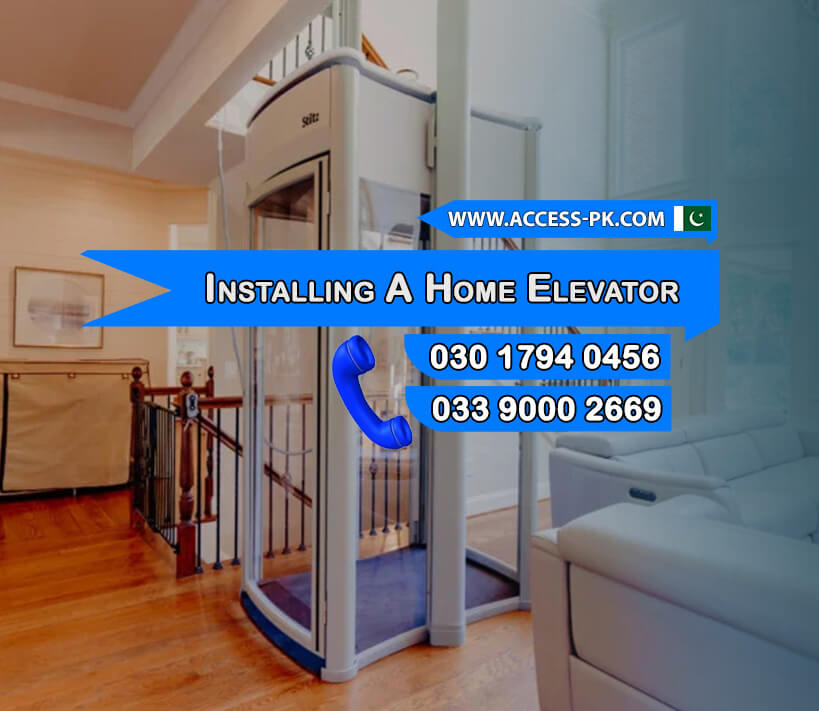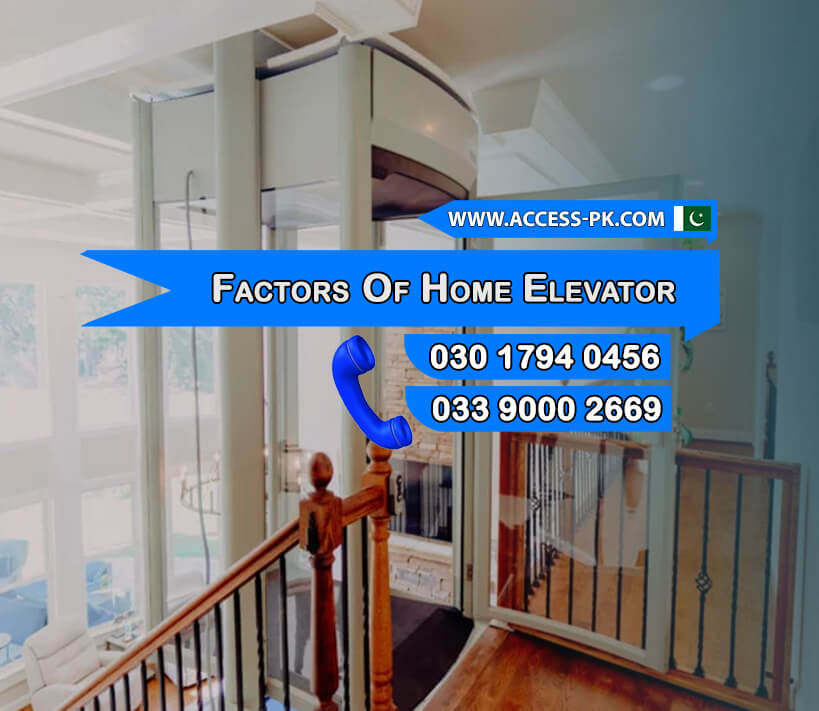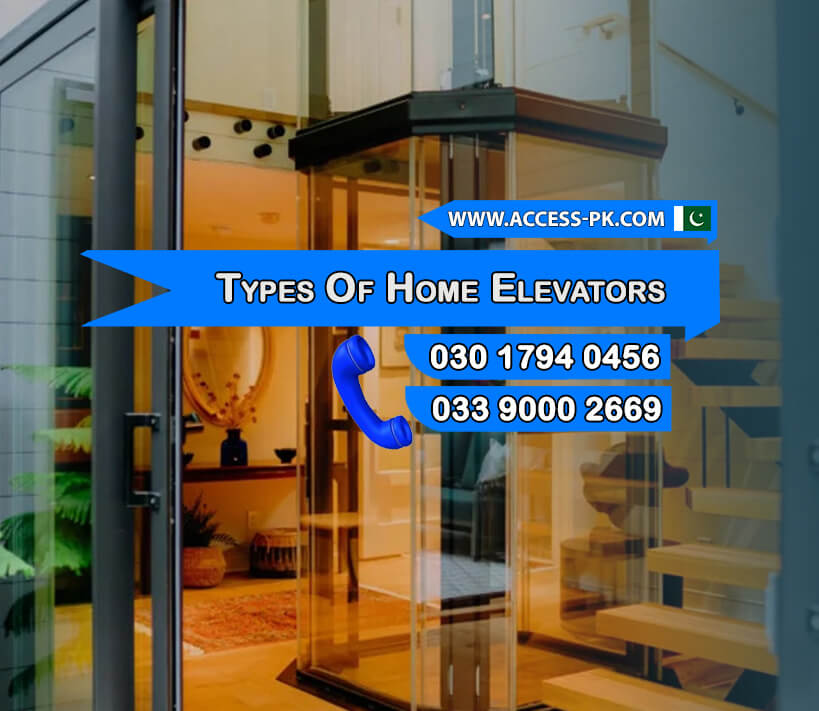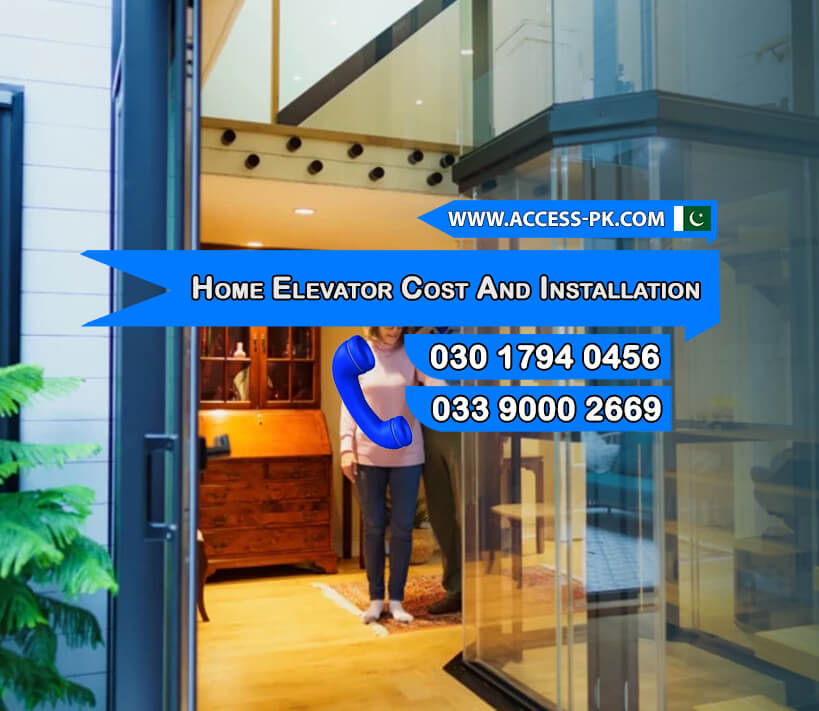Are you searching for a reliable and stylish home elevator? Do you want to enhance accessibility while adding value to your home? You’ve come to the right place. Our company specializes in high-quality home elevators designed for comfort, safety, and seamless operation.

Installing a home elevator offers numerous advantages, transforming the way homeowners navigate their living spaces. It enhances convenience, accessibility, and overall quality of life. For families with elderly members or individuals with mobility challenges, a home elevator becomes a necessity rather than a luxury. Beyond functionality, home elevators add value to properties, making them more appealing to potential buyers. As modern designs continue to evolve, home elevators are becoming more affordable, customizable, and easier to install.
A home elevator significantly improves accessibility for individuals with mobility challenges, elderly family members, or anyone recovering from injury. It eliminates the need to climb stairs, making daily tasks easier and reducing physical strain. With a home elevator, moving between floors becomes effortless, enhancing overall convenience. Additionally, home elevators can accommodate wheelchairs or heavy items, streamlining the movement of groceries, laundry, or furniture. This level of accessibility ensures greater independence and quality of life for all household members.
Installing a home elevator not only boosts functionality but also enhances property value. Prospective buyers view elevators as a luxury feature, making properties more attractive and competitive in the real estate market. A stylish, well-integrated elevator can serve as a centerpiece, elevating the aesthetic appeal of a home. Modern designs offer sleek, customizable options that blend seamlessly with existing interiors, adding sophistication to any living space. The long-term return on investment often justifies the initial installation cost.
Get Free Quotes
Choosing the right home elevator involves careful planning and consideration of various factors. Homeowners must assess space, structural requirements, and the elevator’s purpose. Safety features and technology play a vital role in ensuring reliable operation. By understanding these elements, homeowners can select an elevator that meets their needs and fits seamlessly into their home design. Each choice directly impacts cost, usability, and long-term satisfaction.
Before installing a home elevator, evaluating the available space and structural layout of the home is crucial. Different types of elevators have varying space requirements. Some systems, such as pneumatic or shaftless models, require minimal structural modifications, while others may need a dedicated shaft. Homeowners must collaborate with architects or elevator professionals to determine the most suitable design based on their home’s configuration. Proper planning ensures a smooth installation process and optimal use of available space.
Safety is paramount when selecting a home elevator. Modern systems come equipped with advanced safety features like emergency brakes, backup power, and door interlocks. Additionally, sensors prevent the elevator from operating if an obstruction is detected. Smart technology integration allows remote monitoring and maintenance alerts, ensuring long-term reliability. Homeowners should prioritize models that meet or exceed industry safety standards to guarantee peace of mind and secure operation for years to come.
Get Free Quotes
Home elevators come in various types, each offering unique benefits to suit different needs and home designs. From hydraulic systems to compact, space-saving models, the options are diverse. Understanding the differences between each type helps homeowners make informed decisions. Whether prioritizing smooth operation, energy efficiency, or quick installation, there is a solution for every home.
Get Hydraulic and traction elevators are two of the most common types. Hydraulic elevators operate using fluid pressure and are known for their smooth ride and high weight capacity. They are ideal for homes with multiple floors but require a machine room for the hydraulic pump. On the other hand, traction elevators use counterweights and cables, offering energy-efficient operation. They occupy less space and do not require a machine room, making them a preferred choice for homes with limited square footage.
Compact elevators are designed for homes with limited space, providing essential mobility without extensive structural changes. These models are often shaftless, allowing quick and easy installation. Wheelchair-friendly elevators feature wider doors and spacious cabins, ensuring accessibility for all users. Homeowners can choose from a variety of designs that cater to their specific needs while maintaining stylish and functional interiors. These designs enhance mobility without compromising aesthetics or space.
Get Free Quotes
Installing a home elevator involves various costs, from equipment to labor and customization. While the initial investment may seem substantial, the long-term benefits often outweigh the expense. Factors such as the elevator type, safety features, and design elements influence pricing. A clear understanding of the installation process and associated costs helps homeowners budget effectively and avoid unexpected expenses.
The cost of installing a home elevator varies depending on the type, size, and features selected. Hydraulic elevators generally cost more due to their robust systems and additional installation requirements. Traction models are often more affordable and efficient. Compact shaftless elevators tend to be the most budget-friendly option. Additional factors such as customization, materials, and safety features can influence the final price. On average, installation costs can range from $20,000 to $50,000, with luxury models exceeding this range.
The installation process for a home elevator typically takes several weeks, depending on the complexity of the project. Initial stages involve site assessment and structural modifications. Once the site is prepared, the elevator system is assembled and installed. Testing and safety inspections follow to ensure proper functionality. Homeowners should work with experienced elevator installation companies to ensure a seamless process. Proper planning and coordination reduce downtime and help complete the project efficiently.
Installing a home elevator is a valuable investment that enhances comfort, accessibility, and property value. By understanding the types, costs, and benefits, homeowners can make informed decisions that align with their needs and budget.